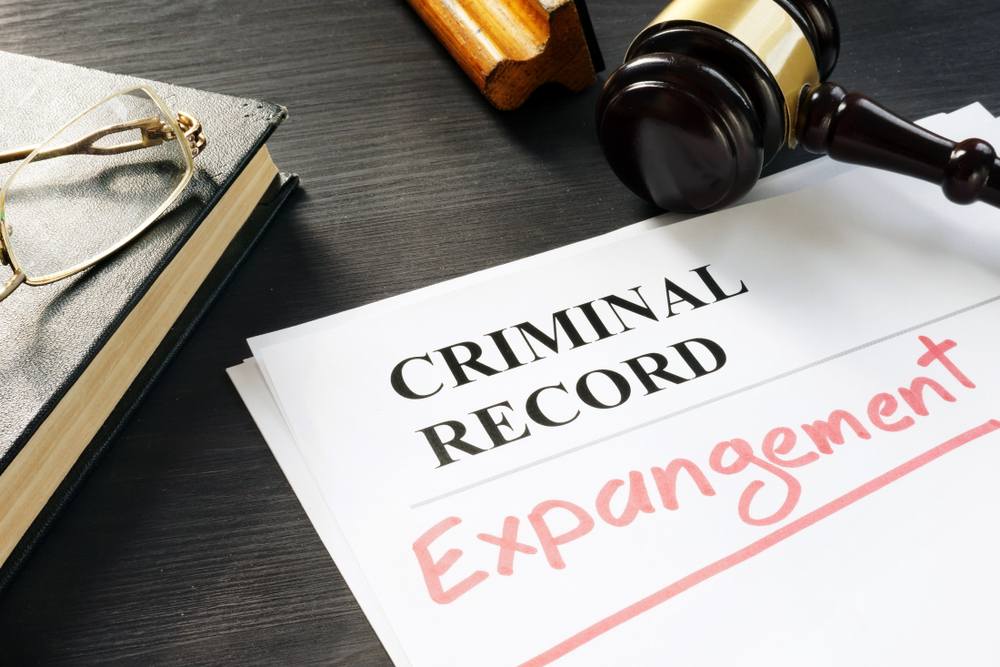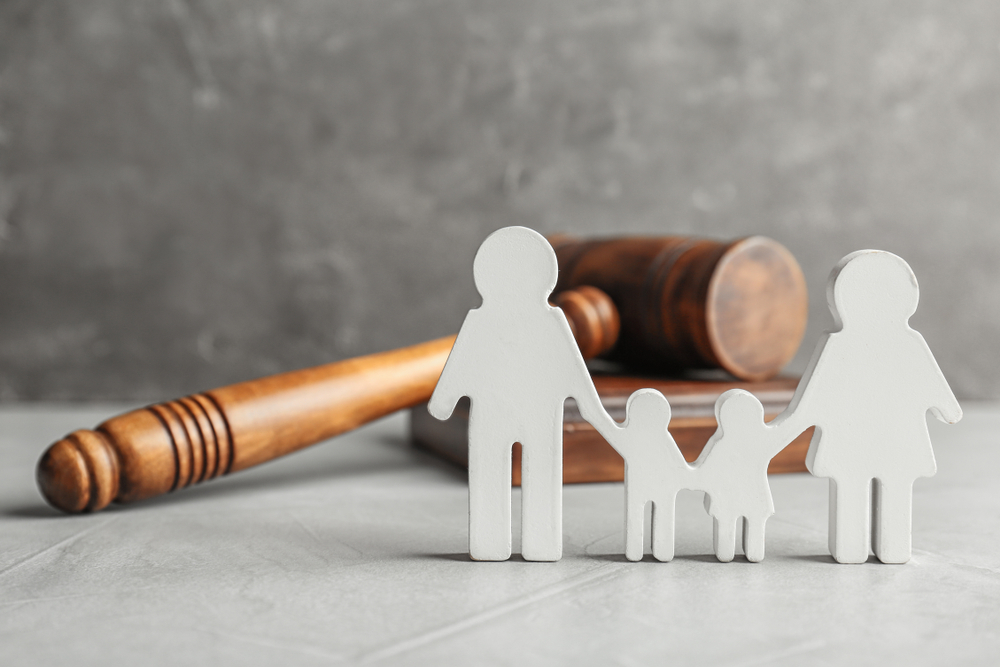What You Need to Know About Protective Orders

A protective order is a type of court order designed to protect individuals from others who have been violent or have threatened violence against them. The court will often issue a protective order for those who’ve been abused, assaulted, or stalked by someone and fear they may harm or follow them again. But what are your rights if a protective order has been filed against you?
Here, we’ll discuss the types of protective orders and how a criminal defense lawyer in Richmond could assist you if an order has been filed against you.
What Are the Different Types of Protective Orders?
There are three main types of protective orders available in Virginia, which include:
Emergency protective orders (EPO)
Police officers who make domestic violence arrests and abuse victims themselves can petition for EPOs, which last up to 72 hours or until the next scheduled court session, whichever is later. An abuse victim can also request an EPO even if the abuser has not been arrested. An EPO can grant temporary possession of a family residence and require the other person to refrain from contacting them, visiting their home or workplace, visiting children’s schools, harming them, or threatening to harm them. The police can arrest the other person if they violate any part of a protective order.
Preliminary protective orders (PPO)
A person does not need to obtain an EPO before requesting a PPO, but if they seek a PPO, they must do so promptly after suffering family abuse or other acts or threats of violence. The other person does not need to attend the PPO hearing. The PPO can last up to 15 days or until the hearing date for a final protective order. In addition to the requirements and restrictions included in an EPO, a PPO can require the other person to continue paying for household utility services, grant temporary possession of a jointly owned vehicle, or even provide the victim and other household members with alternative housing accommodations.
“Permanent” protective orders (PO)
A “permanent” PO can last up to two years at a time, though judges can grant unlimited two-year extensions for as long as a person needs protection. To obtain a PO, the individual must attend a hearing, and the judge will order the other person to attend as well. The judge will ask both parties to explain what has happened and determine whether a protective order is needed. A PO can impose all the same conditions as a PPO and require the other person to seek treatment and prohibit them from possessing a firearm.
How Does Someone Request a Protective Order?
There is no charge to request a protective order, file a copy of the order, or have the other person served with the order. If the person accused of violence is a family or household member, the victim could request a family abuse protective order from your local Juvenile and Domestic Relations District Court (JDRDC). They can also seek a protective order from the JDRDC if they or the accused is under the age of 18.
If the accused is not a family member, household member, or minor, the victim could request a protective order through the General District Court Clerk’s Office.
Does Someone Need to Press Charges to Obtain a Protective Order?
No. A protective order is a type of civil order, which is a separate matter from criminal charges. However, the accused can face criminal charges if they violate the terms of the PO. The victim can also press criminal charges in addition to seeking a protective order, but they are not required to do either.
What Happens If a Protective Order Has Been Issued Against Me?
A protective order could have a negative impact on your career, credit history, and your ability to see your children. It could force you to leave your home, yet still pay rent and utilities even though you’re unable to live there.
The first step you should take to defend yourself against a protective order is to hire an experienced criminal defense lawyer to represent you. Your lawyer could help determine what type of protective order has been issued against you and explain what it requires you to do (and not do). Your lawyer could help gather evidence that will help you at your Permanent Protective Order hearing. This evidence could include:
- Text messages
- Photos
- Emails
- Social media posts
It’s important for you to remain in good standing with the Court by following all the instructions within the protective order. Violating the order might not only result in criminal charges but could also be used as evidence against you at your hearing.
Contact an Experienced Criminal Defense Attorney Today
For assistance defending yourself against a protective order, contact the Richmond criminal defense lawyers at the law office of Bain Sheldon Attorneys and Counselors at Law. We’ll be ready to discuss your rights and legal options when you call us, fill out a contact form, or chat with us live.






